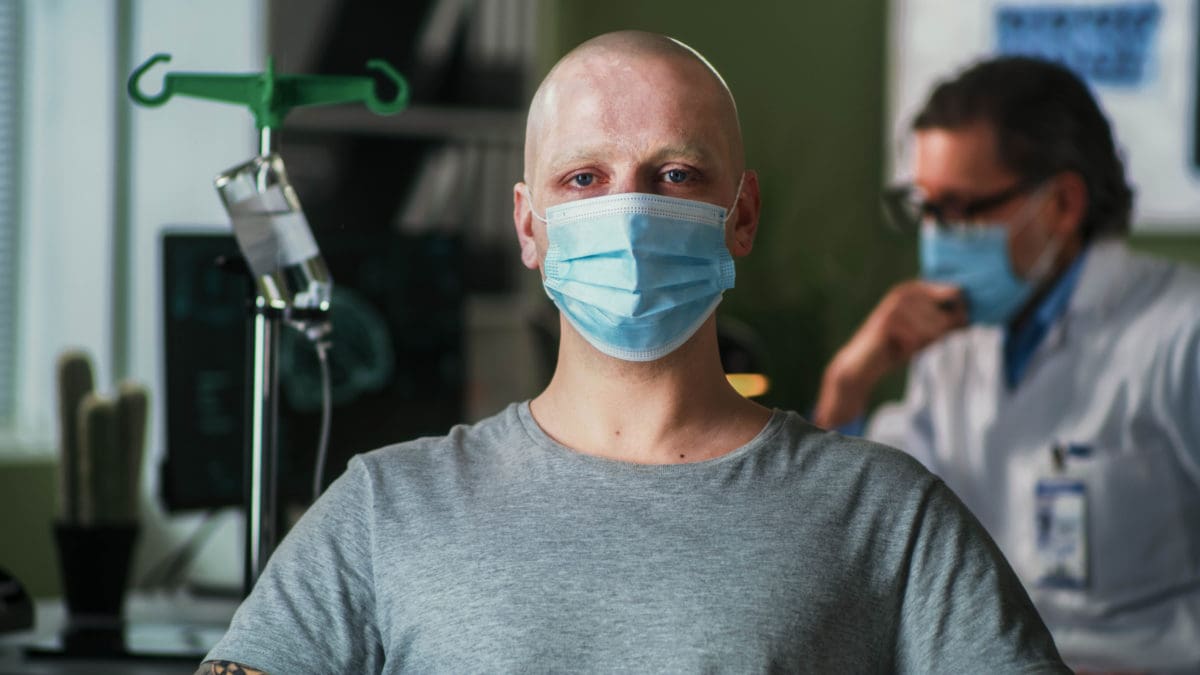Hundreds of cancer deaths could be avoided each year if survival rates matched western European standards, says new study for IPHA


Comparator research, conducted by the Swedish Institute for Health Economics, finds:
- Cancer survival has improved since the 1990s but demographic pressures could push diagnoses to 42,000 cases by 2040
- New cancer medicines are emerging at pace but sub-optimal times to reimbursement have profound implications for length of life and economic value generation
- Cancer accounts for one in four deaths, with survival rates for Ireland in breast and ovarian cancer worst in western Europe
Hundreds of deaths from cancer could be avoided every year if Ireland’s survival rates from the disease were similar to the best-performing countries in western Europe, according to a new study by the Swedish Institute for Health Economics (IHE) for the Irish Pharmaceutical Healthcare Association (IPHA), the representative organisation for the international research-based biopharmaceutical industry.
The study, ‘Comparator Report on Cancer in Ireland – Disease Burden, Costs and Access to Medicines’, examined 15 western European countries, benchmarking Ireland against Austria, Belgium, Denmark, Spain, Finland. France, Germany, Greece, Italy, Luxembourg, Netherlands, Portugal, Sweden and the UK.
The study, launched at the IPHA Forum Series, a virtual thought-leadership events platform, found that cancer is Ireland’s leading cause of mortality, accounting for more than one in four deaths. Although cancer survival has improved since the 1990s, the study argues that more progress is needed to bring the standard of care for the disease to above average in the 15 western European countries.
Cancer is associated with ageing and population growth, with the doubling of newly diagnosed cancer cases since 1995 to 24,000 cases annually in 2017-2019 driven mostly by demographic changes. In multiple myeloma, the five-year survival rate has risen from 27% in 1994-1998 to 64% in 2014-2018 but, for survival rates in breast and ovarian cancer, Ireland ranks last, according to the study. Prostate, breast, colorectal and lung cancer account for just over half of all new cases.
The study found that improvements in cancer care are needed to avert at least some of the 15,000 extra annual new cancer cases and 8,000 extra annual cancer deaths expected by 2040. These projections, cited in the study from the International Agency for Research on Cancer, show that demographic pressures alone could raise cancer diagnoses annually to 42,000 cases by 2040. By then, the annual number of cancer deaths could rise from 10,000 to 18,000. Better cancer care could save up to 3,500 lives in 2040 alone, according to the study.
Better patient outcomes are reducing the indirect costs of cancer, with more people staying active in the workforce for longer. Between 2012 and 2020, 10 new cancer medicines annually were approved by the European Medicines Agency (EMA), the EU’s medicines regulator. By 2021, that number had risen to 17. Of all new cancer medicines approved by the EMA between 2017 and 2020, just 51% were reimbursed locally by the Health Service Executive (HSE) at the beginning of this year. For reimbursed cancer medicines, the average time to the reimbursement decision following EMA approval was almost two years, placing Ireland ahead of Portugal only. When cancer medicines are reimbursed, their use is close to the average in 15 peer countries in Europe.
Using a sample of 11 recently EMA-approved cancer medicines, the study found that the time to reimbursement by the HSE cumulatively accounted for 2,600 years of potential life lost. That figure included 1,000 years in working-age patients, with an economic loss of €34 million.
Michael O’Connell, IPHA’s President, said he hoped the study would be a constructive, evidence-based input for policymaking.
“Cancer is close to too many us, with sometimes devastating results for individuals and families across the country. This study shows some of what we’re getting right in cancer care and we should acknowledge that survival is improving. Innovation in cancer medicines is moving at pace. Cancer medicines are vital in the fight against the disease. But we still lag our European peers on access to new medicines, even though the Government’s investments in the latest treatments should, in time, arrest the slide. We are working on ideas that can improve the reimbursement process. Allied with sustained, adequate investment in new medicines, reimbursement process reform can help to raise standards of care,” said Mr O’Connell.
Dr Thomas Hofmarcher, a health economist at IHE who co-authored the study, said innovation in cancer treatments is a strong defence against the rising incidence of the disease.
“The annual number of new cancer cases in Ireland has doubled to 24,000 cases since 1995. But more and more people survive cancer, in part due to innovation in treatments for the disease. By placing survival rates in Ireland on a par with the best-performing EU countries, hundreds of deaths could be avoided annually. That prospect could be enhanced by faster reimbursement times for new cancer medicines. Given the clear economic and societal benefits of medicines, health technology assessments would benefit from a wider range of criteria,” said Dr Hofmarcher.
Dr Austin Duffy, a Consultant Medical Oncologist at the Mater Hospital, Dublin, described the study as an important overview of the cancer landscape.
“Clearly, we have made important strides in the treatment of cancer in Ireland. Survival is improving but more cases are diagnosed due to our ageing and increasing population. What is concerning is that Irish patients clearly have much slower access to new medicines, some of which can have a very dramatic impact on their conditions and prognoses,” said Dr Duffy.
Read the study here.
ENDS
About The Study
IPHA commissioned the study from the Swedish Institute for Health Economics, in partnership with AbbVie, Amgen, Astellas, Bayer, BMS, Daiichi Sankyo, GSK, Janssen, Merck Serono, MSD, Novartis, Pfizer, Roche, Sanofi, Servier and Takeda. IPHA and our member companies had no influence or editorial control over the content of the study, and the authors’ opinions in the study are not necessarily those of IPHA or its member companies.


